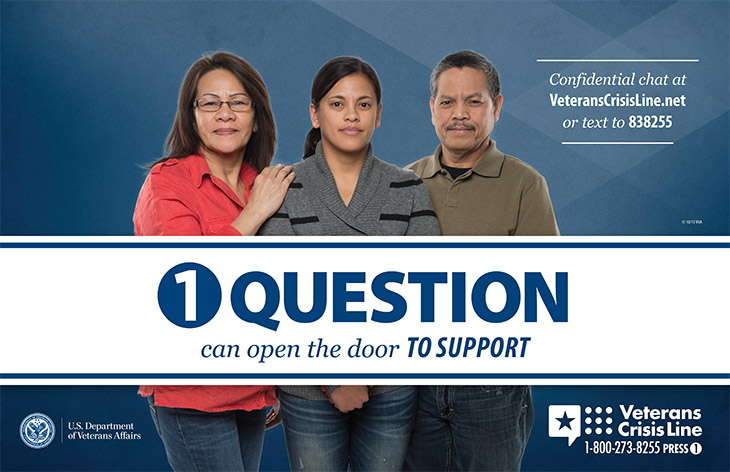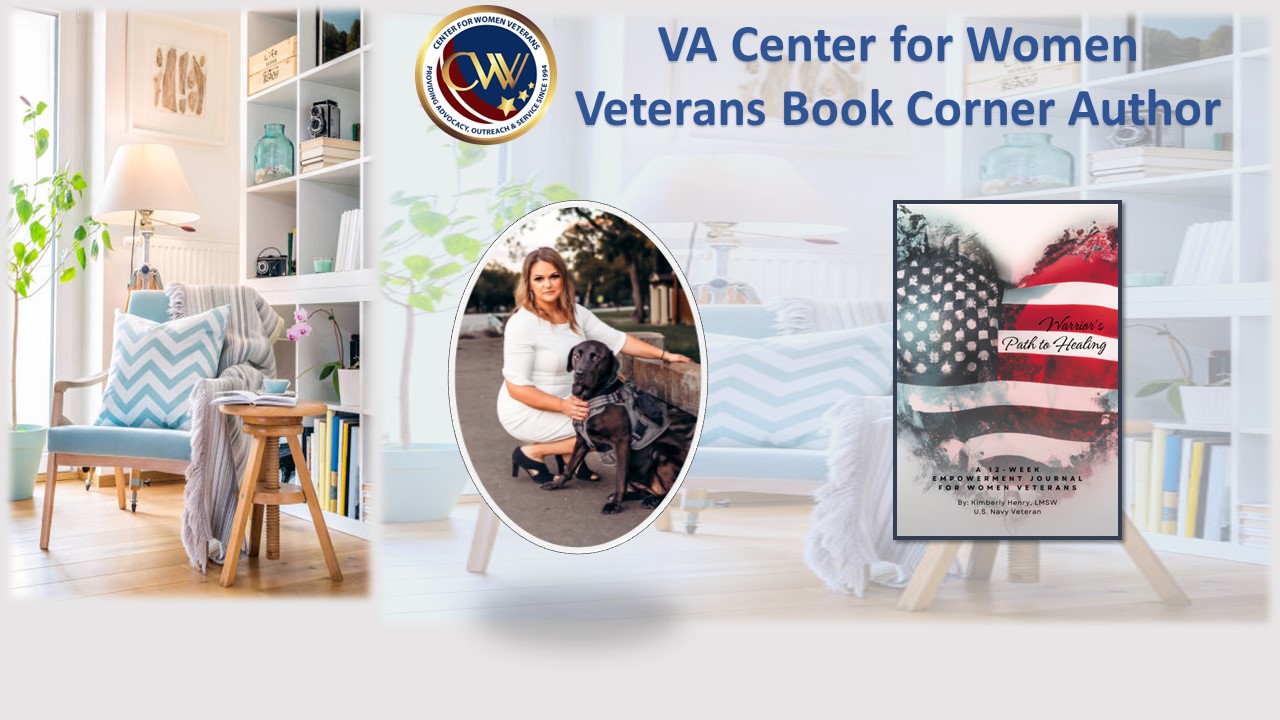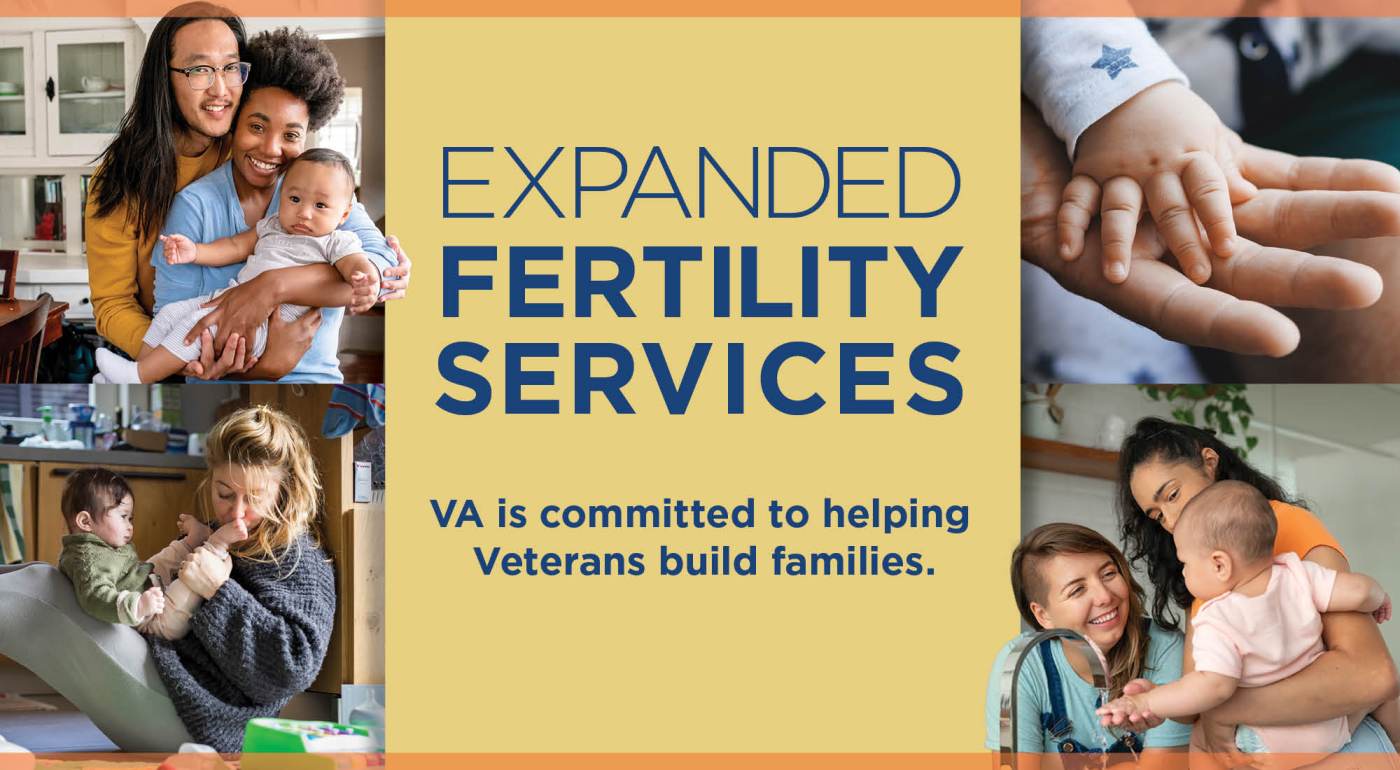As my unit prepared to redeploy from Iraq in 2004, we were given a somewhat clumsy speech about preventing incidents of family violence against our wives –a briefing that excluded issues related to me and other women Soldiers, since Don’t Ask, Don’t Tell was still in effect.
Once we all got home, little information and relatively few resources were available to help any of us reintegrate. Before long, I felt overwhelmed and hopeless, but was too ashamed of looking weak to admit that I was considering suicide. Luckily, with support from friends, family, and VA, over time I successfully navigated the journey to my new normal.
Unfortunately, many servicemembers, Veterans, their families, survivors and other civilians struggle to cope effectively with life’s challenges, as I did. But some of them do not find a clear path to recovery.
The national tragedy of suicide is a public health issue and the Department of Veterans Affairs has an obligation – and an opportunity – to lead the way in combating it as the largest integrated healthcare system in the country.
Here at VA, we have devoted unprecedented resources to this issue, including an ongoing expansion of the Veterans Crisis Line, which is available to those in need by phone, chat, or text. In addition, every VA Medical Center has a specially-trained Suicide Prevention Coordinator or team. We have also taken steps to ensure women Veterans are recognized and served based on their unique needs as women, not as just “another customer.” We are prominently featured in Make the Connection, VA’s peer-to-peer platform, and VA has free services to help Veterans recover from Military Sexual Trauma (which a higher percent of women have experienced).
We recognize, however, that more can be learned and done: women Veterans have been found to be at higher risk for suicide than women non-Veterans. That’s why VA supported the Female Veteran Suicide Prevention Act, while noting that we require additional appropriations to implement it as written. The bill, which was signed into law by President Obama June 30, requires the department to identify which VA mental health care and suicide prevention programs are most effective for women Veterans and those having the highest satisfaction rates among women Veterans. What works and how women veterans feel about it is the path to greater understanding and impact.
We welcome these mandates.
Establishing which mental health programs are most effective for women Veterans will go a long way in ensuring they are receiving the best care possible, tailored to their unique needs, and will help inform the national dialogue on what works to prevent suicide. VA recognizes that gender-related issues can be important components of care, and the Female Veteran Suicide Prevention Act gives us more tools to analyze the data so we will be able to focus our resources on the most effective treatments that bring the greatest satisfaction to women Veterans and save lives.

Topics in this story
More Stories
This month's Center for Women Veterans Book Corner author is Navy Veteran Kimberly Henry, who served as a Cryptologic Technician and Sexual Assault Victim Advocate from 2009-2019. She created "Warrior's Path to Healing: A 12-Week Empowerment Journal for Women Veterans."
Thinking about building a family or exploring fertility treatments? VA can support you with a wide range of services.
Report examines the input of over 7,000 women Veterans: They are happier with VA health care than ever before.








PTSD is real and sometimes the full effects don’t come until later. I was diagnosed with PTSD finally in 2011. I had many bouts of PTSD while serving on active duty. However, since I was a paralegal and I witnessed first had the repercussions of those who sought out help, I stayed as far away from the behavior health office (while experiencing many occurrences of anxiety issues, panic attacks, and thoughts of suicide) I didn’t know what was happening to me. I just knew that I felt hurried, and felt that I was speaking to slow and moving to slow as well. When I began to have such feelings of being out of control or having experiences of being in a fog, I would go into the bathroom and pretend to be using the bathroom. I would scream and cried silently, so that others wouldn’t come in and catch me. I was feeling out of control, out of touch, and feeling as though I was trapped in a fog. Upon leaving the military after 23 yrs of service, I was having thoughts of hurting myself, feelings of wanting to drive off of the bridge, but then also afraid of driving over bridges. I really thought I was loosing it. After fearing for the safety of others I cried for help… reached out to the VA and I was denied help. But after our son who was in the Marines had come home and committed suicide at home (I his mother found him), I then completely lost it and was then properly recognized with delayed PTSD. While on active duty, I was involved in processing aircraft accidents, baby shacking cases, murder cases, incest cases, and homicide, and the mysterious death of a mother and her 3 babies, all under the age of 5, while her husband was TDY to Germany.
All of these things became unbearable after the sudden suicide of our son. But thanks to the DC VA, I’m finally getting the help I need, and beginning to begin to put my life back together. It’s been 4 years since that Sunday Morning, January 1, 2010 when I found our son and my husband and other son, helped to get him down. Our son had an appt for the Veteran’s medical center the following Tues, However, It was Sunday prior to the Tues that he took his life. He couldn’t wait even though his initial appointment was 30 days away, and when he again called the crisis help line, he told them that he didn’t think he could wait that long. He was eventually given an appointment that was two weeks away… even that was too long. It was two days to far away while waiting for the appointment date to come, that he left us, in such an unforeseen way. I thank God for my faith in Jesus Christ, my church who is and has always been there helping our family to move forward. I thank the VA for treating me for what was initially denied treatment for PTSD.
I agree Brian Newberry, Awareness. Thank you USN 1975-1997
Thank you, SK. I’m beyond dumbounded and beyond anger at how they pretend to know but even their comments seeth with the disgust for females I and most of the females in my unit experienced from their ilk. We had a lot of good males, too, some with which I”m still friends to this day, but god these old beasts that pretend they care while they still piss and moan about our very presence in the “this man’s Army.” Yes, we females heard that all the fucking time, like other choice phrases, such as “can’t handle the Army, go whore yourself out like the girls out at the bar” <- Alabama asshole drill sergeant, comparing us to the small town girls trying to hook up with our male troops to get at their paychecks.
To all of my male veterans who think women are not different physically and emotionally, you are wrong. We’ve had to play your game of being as tough and as strong as you our whole career but when it’s over no one especially non-veteran females understand us or understand why we don’t act as other females. On the physical medical front, the VA has a long way to go. Just yesterday, I was told that I had to go outside the VA for certain exams because the VA doesn’t have the medical specialty staff to do these female specific exams and treatments. When was the last time a male veteran heard that? By acknowledging the differences between the sexes, the VA recognizes that we have special needs. Female soldiers have done an excellent job in overlooking their gender specific differences so that their male counterparts wouldn’t discount them as being insignificant team members. However, female veterans have to approach their medical and mental needs as a woman and not as a male so that they can fit into their new civilian role within society.
I resent the constant coupling of veterans with such things as homelessness and suicide. Enemy propaganda could do no better. We should have equal emphasis on successful veterans – or does the VA never hear about us?
Garland, M. A.
Oakland, California
I concur with my military colleague KJ Hinton. No idea of Hinton’s gender, which is fine, as it has no relevance.
The “Female Veteran Suicide Prevention Act” (FVSPA) is OFFENSIVE to women, the military, and all veterans everywhere. This sets gender equality back over a century!
In many other ways – the military has gone to great lengths to treat men & women equally.
So here – why do “women” need some special program not available to the men? Female Veteran Suicide Prevention Act suggests WOMEN CANNOT HANDLE COMBAT, and men can!
FVSPA wants to “there-there” the delicate little flowers, and hope they don’t get too upset at the atrocities of war. HOGWASH!!!
If this offends you – then GOOD! It damn well ought to. Women are an invaluable & inseparable element of today’s military.
Serving for over 7 years in active and reserve – I’m here to tell you as a group – military women are generally fit, capable, and require no special attention – they are equal to men in all ways appropriate for defending this country’s interests.
Instead of disempowering women – Kayla Williams ought to focus on the definition of gender equality, and let the military run its own shop.
The idea that female veterans deserve any special consideration because of their reproductive organs over that of the rest of us goes to the heart of this faux-equality nonsense.
This is another in the growing list of epic fails the VA are responsible for.
There’s no excuse for thus stupidity. None.
Situational equality sucks as much as situational ethics.
I was in the Army at Fort Greely, AK. Was a dump trk driver, injured myself in the first three months. Cold and very isolated. I was one of two woman in the 28th engineers, alot of pressure, from my 1st sargent, really didn’t like women in the Army. I walked into his office one time and he said where is your c*^t cap! I did tell him that’s not the way to treat me. He always smoked a nasty dog cigar. The all night and day really messed with my hormones . I could go on but, I do have pretty bad P.T.S.D. even though I didn’t go to war